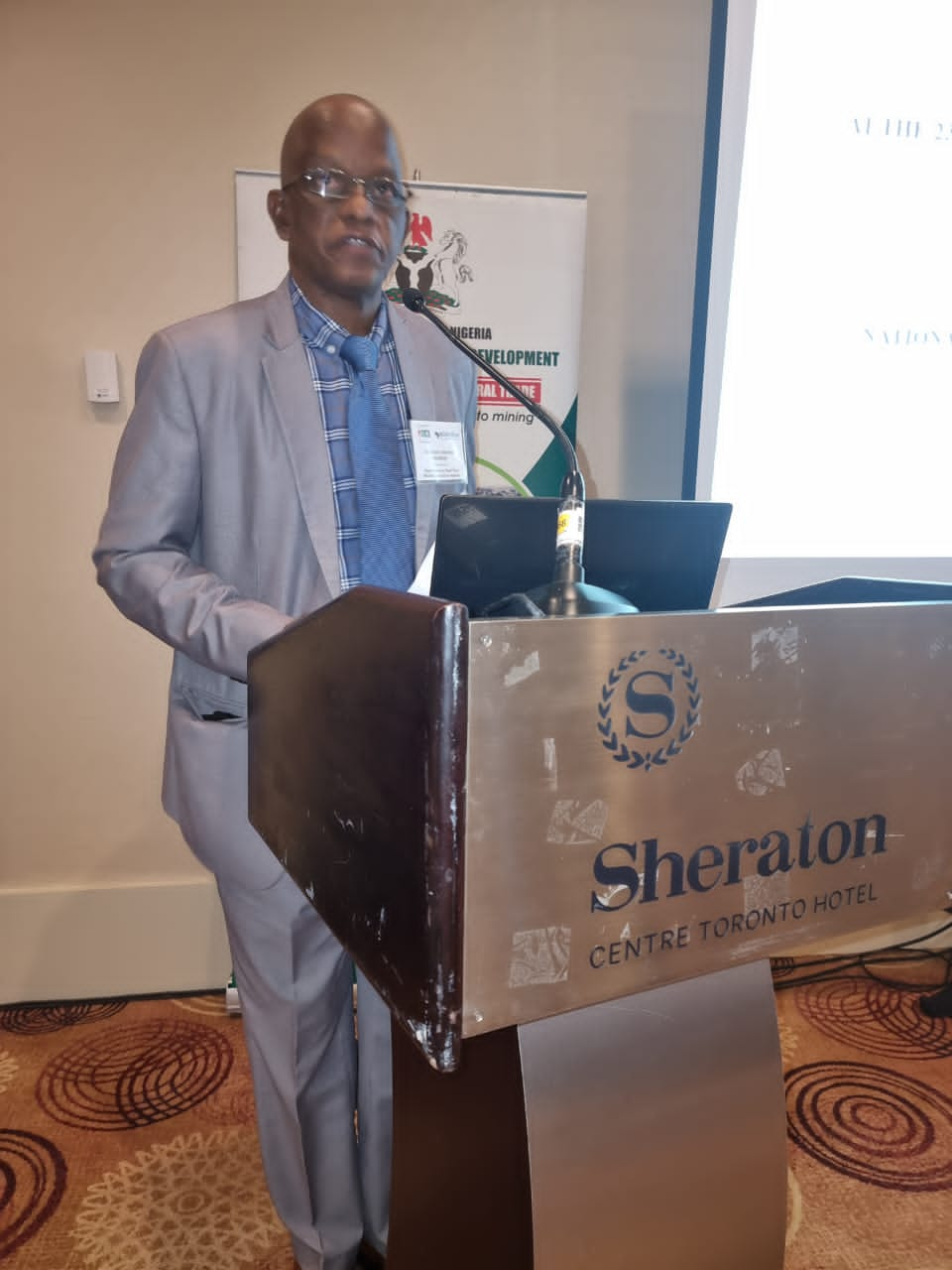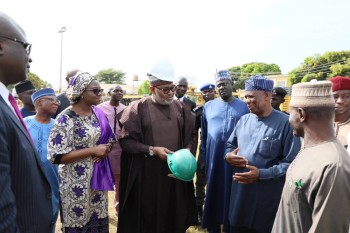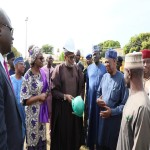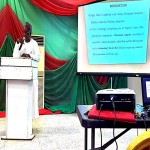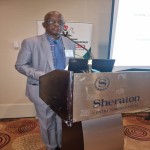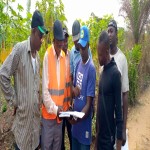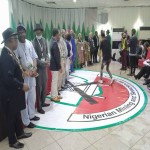Director-General and Chief Executive Officer of the National Steel Raw Materials Exploration Agency, Dr Umar Albarka Hassan has called on investors to take advantage of the huge investment opportunities in the Nigerian iron and steel sector by engaging in primary liquid steel production using primary raw materials like Iron ore and related minerals.
Speaking at the 23rd Annual African Mining Breakfast Breakout session at the 2022 PDAC event in Canada which was held from 13th to 15th of June 2022, Dr Hassan revealed that Nigeria's primary steel production from iron ore is currently at zero level as there are no active players in the public and private sector at the moment. He, however, noted that a 500,000 tonne per annum DRI plant is currently being constructed in the country.
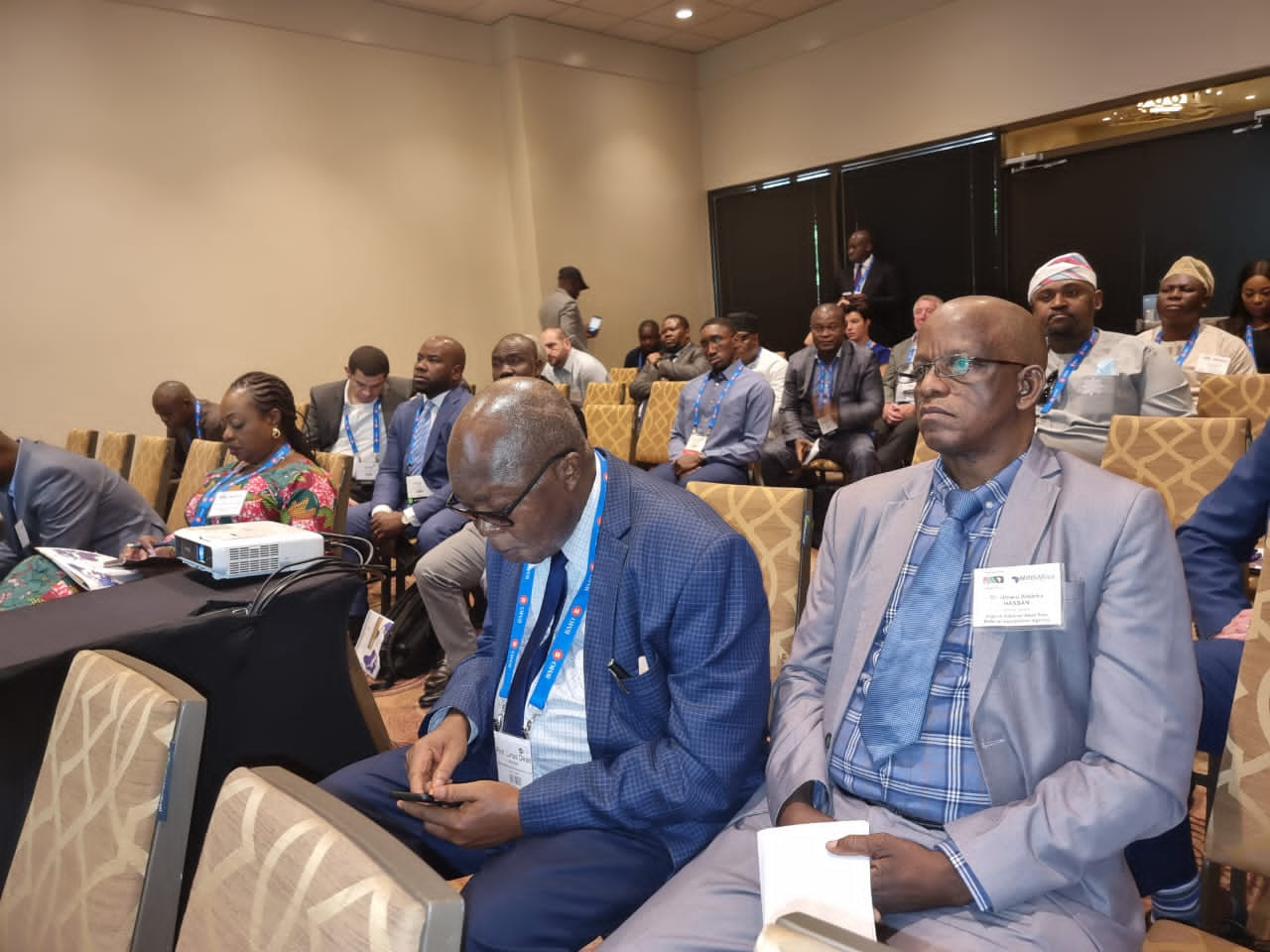
Decrying the proliferation of plants who manufacture steel products from scrap metals, often resulting in low quality finished products, Dr Hassan stressed that the country is blessed with abundant steel raw materials, such as iron ore, manganese, bauxite, limestone, clay, silica sand, etc., to play in the main league. He added that these minerals are scattered in locations across the country with proven reserves and estimates.
"Local sources of this feedstock have been established in several locations across the nation including Kogi, Kaduna, Yobe and Niger with resource estimate in excess of 3 billion tonnes. Recent exploration work in the National Integrated Mineral Exploration Project has further resulted in additional finds in Tajimi Kogi state, grading 25.2%Fe - 62.9%Fe, 0%P - 0.44%P, and 0%S - 0.23%S, containing magnetite and hematite as the iron-bearing minerals.
"Nasko-Libale in Niger state has also been discovered as a new iron-ore zone at 29.5%Fe - 38.5%Fe and 0.01%P - 0.59%P," he said. Other resources mentioned include manganese, a steel hardening and strengthening mineral (12.6%Mn - 41.1%Mn) with pyrolusite, spessartine, and manganosite as the manganese-bearing minerals, currently being evaluated in Kogi, Niger, Kebbi, and Zamfara states; bauxite in Taraba and Ekiti States; as well as limestone, clays and silica sand in Ondo and Katsina states.
Nigeria currently has 74 established steel plants and fabricators in the country, with only 40 of them actively operational. These plants, with a combined installed capacity of 11.14 million tonnes per annum, only manage a meagre output of 2.2 million tonnes of steel products yearly, leaving room for an annual import of 7.1 million tonnes to meet up with local demand.
According to the DG, Nigeria is a viable destination for investment due to its huge steel consumption of almost 10 million tonnes per annum, more than 70% of which is imported. Other investment drivers include the population of 200 million people, massive construction and urbanisation projects ongoing across the country, attractive investment incentives, such as zero import duty on equipment and 3-5 years tax holiday, and the government's desire to diversify the nation's economy and focus on sectors like mining and metals.
PDAC is a Canadian yearly rendezvous of miners, industry stakeholders, and policymakers from all across the world to seek opportunities for investment among participating nations. Nigeria has been a consistent participant at the event for many years, taking advantage of the global platform to sell the viability of Nigeria as a mining destination with abundant mineral resources.
